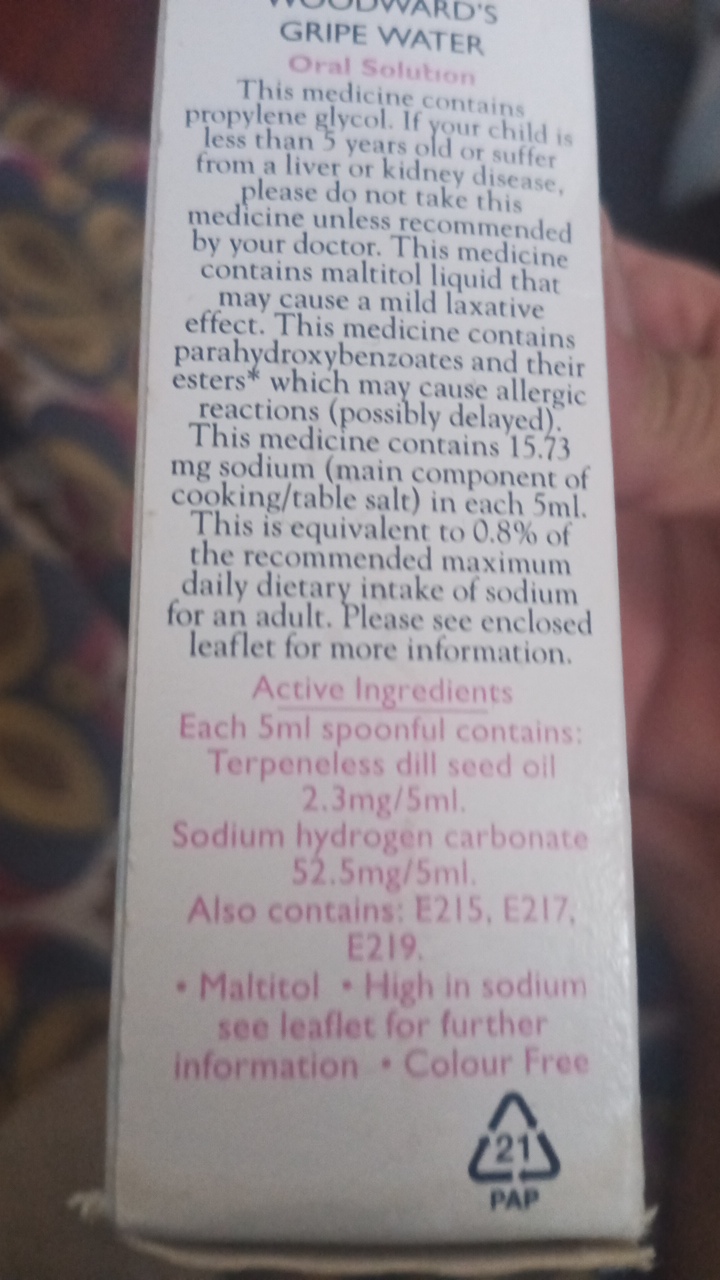
Barcode: 5012509978280
unknown
HALAL
📝 Reason: All ingredients listed are generally considered Halal as they are either synthetic compounds, minerals, or derived from Halal sources without any Haram substances. The absence of any Haram E-codes or meat ingredients without Halal certification supports this classification.
📄 Certificates: None
Ingredients:
Details
Understanding the Halal Status of the unknown Product
For many consumers, particularly those adhering to Islamic dietary laws, understanding the Halal status of products is crucial. The product in question, known as ‘unknown’, has been classified as Halal based on its ingredients.
Halal Status Overview
According to the findings, all ingredients used in the ‘unknown’ product are considered Halal. This classification is supported by the lack of Haram substances, E-codes, or animal-derived ingredients without Halal certification.
Ingredient Breakdown
Let’s delve deeper into each ingredient to understand their Halal status:
- Propylene Glycol: This is a synthetic organic compound generally recognized as Halal. It is used in various food applications and is derived from petroleum. Source
- Maltitol: A sugar alcohol derived from maltose, maltitol is a sweetener commonly used as a sugar substitute. It is considered Halal and is often used in sugar-free products. Source
- Parahydroxybenzoates: These are synthetic preservatives that help prolong the shelf life of products. They are also seen as Halal based on their chemical nature. Source
- Esters: Generally formed by the reaction of an alcohol and an acid, these organic compounds are often used in food for flavoring and are regarded as Halal. Source
- Sodium: An essential mineral, sodium is naturally Halal. It is widely used in food for seasoning and preservation.
- Terpeneless Dill Seed Oil: This essential oil, derived from dill seeds, is utilized for its flavoring properties and is considered Halal. Source
- Sodium Hydrogen Carbonate: Also known as baking soda, this is a common ingredient found in baking. It is inherently Halal and safe for consumption.
Conclusion on Halal Status
The analysis suggests that all components of the ‘unknown’ product maintain a Halal status, primarily because they are either synthetic or derived from Halal sources. The absence of any ingredients that could be considered Haram strengthens this classification. Given the increasing awareness and demand for Halal products in the market, it is essential for companies to ensure transparency about their ingredients and certifications.
Final Thoughts
For consumers looking for credible products that align with their dietary practices, understanding the Halal status of each component is key. The lack of any Halal certification may seem concerning, but the current evaluation indicates that the ‘unknown’ product does not contain any Haram components.
In a world where dietary choices are increasingly diverse, having access to reliable information about food products is important. If you are in search of more Halal-certified products, be sure to validate the sources and check for certifications. Always refer to detailed ingredient lists and Halal guides to make informed choices.
